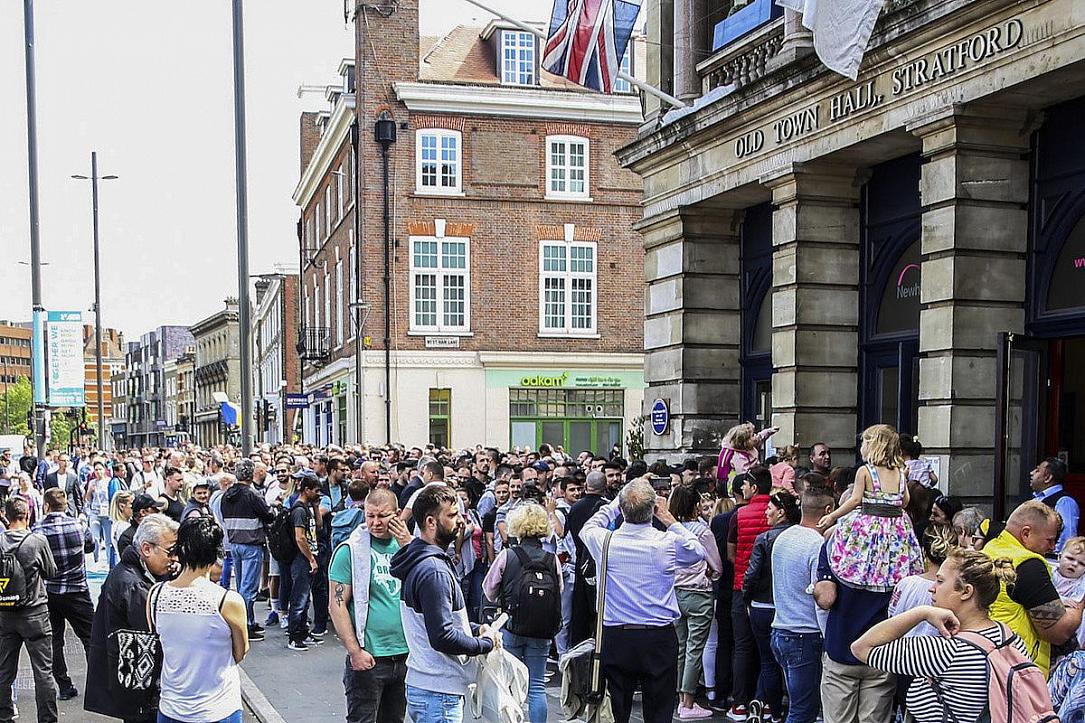Romania presidential elections 2019: Why are the votes from abroad important? (comment)



With almost three times more polling stations opened abroad and a three-day voting period, the number of Romanians in the Diaspora who will vote in this year’s presidential elections could increase significantly compared to previous elections, with a significant impact on the results.
Over 60,000 Romanians had already voted abroad in the first round of the presidential elections on Friday, November 8 (by 20:00 Bucharest time), and a new record could be set over the weekend. On Saturday evening (18:00 Bucharest time) the number of voters abroad reached over 206,000.
This is good news for the presidential candidates representing pro-EU parties and bad news for the former ruling party – PSD, which has always had poor scores in the Diaspora.
So far, the biggest turnout abroad was recorded in the elections for the European Parliament, in May this year, when just over 385,000 Romanians voted in the Diaspora. Most of their votes - 166,500 - went to the alliance of Save Romania Union (USR) and PLUS, and the National Liberal Party (PNL) – 121,000. Meanwhile, the Social Democratic Party (PSD) got only 9,180 votes. The votes abroad helped the USR+PLUS alliance get a score very close to that of PSD (the difference between the two was only 12,000 votes) and get confirmed as the third-biggest political force in Romania.
Given the tight race for second place in the first round of the presidential elections, the votes abroad could really make the difference and decide who will join incumbent president Klaus Iohannis in the second round (Iohannis leads in all polls by a wide margin). Latest polls show PSD leader Viorica Dancila just a few percentage points ahead of USR president Dan Barna (also supported by PLUS) in the presidential race. A big turnout abroad could tip the scales in Barna’s favor and push him to a final with Iohannis.
In the last two presidential elections, the candidate with the most votes in the Diaspora also won the elections. In 2009, the votes abroad made Traian Basescu president for the second time. PSD’s candidate in those elections, Mircea Geoana, famously went to bed as president, on Sunday night, to wake up second, the next morning. Over 147,000 Romanians voted abroad then, of whom 115,800 voted for Basescu and only 31,000 for Geoana. The 84,800 extra votes Basescu got abroad won him the elections, as the overall difference between him and Geoana was only 70,000 votes.
In 2014, Liberal candidate Klaus Iohannis went into the second round with a significant handicap compared to incumbent prime minister at that time Victor Ponta (PSD). However, he scored a landslide victory against Ponta in the second round, getting over one million votes more. Of the 377,000 Romanians who managed to vote in the Diaspora, 338,000 voted for Iohannis and only 38,000 for Ponta. The difference of 300,000 votes didn’t swing the result of the elections. However, the huge mobilization for Iohannis in the second round was largely determined by the problems incurred by Romanians who wanted to vote abroad in the first round. Photos with huge crowds at Romania’s embassies in western capitals invaded social media and the PSD Government harshly criticized for the poor way they organized the elections abroad and accused of preventing people from voting.
Romanians queuing at polling stations have become a familiar view at all the elections held in recent years forcing the Government to take action and better prepare the elections abroad.
There are over 4 million Romanians living and working abroad and many of them want to make their voices heard. Even if some of them may never return to live in the country, they still want to vote and punish the politicians who pushed them to leave, and help create a better future for those they left behind.
by Andrei Chirileasa, Editor-in-Chief of Romania-Insider.com
(Photo source: Inquam Photos / Marius Zmarandescu)